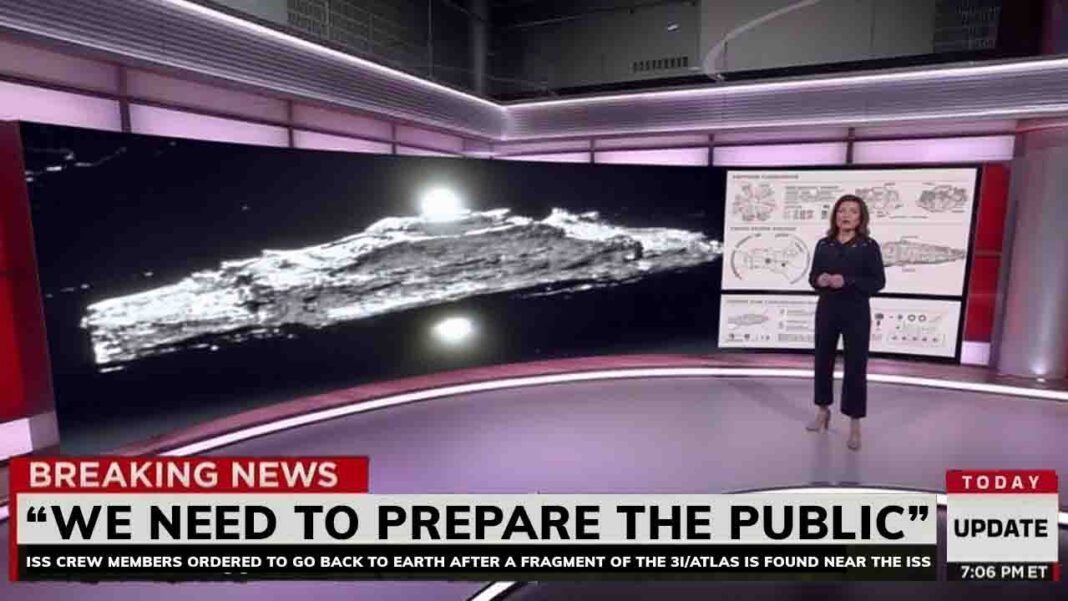Author George R. R. Martin is one of the plaintiffs in the complaint.
OpenAI must face allegations of copyright infringement made by authors in a consolidated class action lawsuit, District Judge Sidney H. Stein of the U.S. District Court for the Southern District of New York said in an Oct. 27 order.
In the June 13 consolidated complaint, the plaintiffs—writers who own copyrights for various books—accused OpenAI and Microsoft, which funds OpenAI, of having engaged in “flagrant and harmful infringements of their copyrights.”
“Defendants copied Plaintiffs’ works and then fed them into their ‘large language models’ or ‘LLMs,’ algorithms designed to generate human-like text responses to users’ prompts and queries. These algorithms are at the heart of Defendants’ massive commercial enterprise. And at the heart of these algorithms is systematic theft on a mass scale,” the lawsuit said.
OpenAI asked the court to dismiss the plaintiffs’ accusations of copyright infringement.
In the Oct. 27 order, Stein sided with the authors by denying the motion, observing that the allegations made by plaintiffs “satisfy the elements of a prima facie claim of infringement as to at least some outputs of ChatGPT.”
To train ChatGPT, OpenAI used datasets that included copyrighted words of the plaintiffs, the judge wrote. When prompted, ChatGPT can then generate accurate summaries of books authored by the plaintiffs.
In a court filing, OpenAI said plaintiffs failed to plausibly allege “substantial similarity” between their works and the content output by ChatGPT and that the complaint failed to cite even a single example of the alleged copyright infringement in ChatGPT’s outputs.
OpenAI argued that not all summaries of content qualify as infringement. For instance, summarizing the final chapter of “The Door” by Mary Roberts Rinehart as “the butler did it” cannot be considered as infringement of the author’s copyright, the company said.
Stein dismissed such arguments. For one, the complaint adequately alleges that OpenAI accessed plaintiffs’ works and the infringing outputs made by ChatGPT are based on the authors’ works, which satisfies the requirement of “actual copying,” he wrote.
Stein then detailed a ChatGPT summary of “A Game of Thrones,” the first book in the “A Song of Ice and Fire” series by George R. R. Martin. The AI summary described the setting, prologue, main plot points, and ending of the book.
“A more discerning observer could easily conclude that this detailed summary is substantially similar to Martin’s original work, including because the summary conveys the overall tone and feel of the original work by parroting the plot, characters, and themes of the original,” Stein wrote.
Martin is one of the plaintiffs in the lawsuit. Other plaintiffs include authors John Grisham and David Baldacci.
The Epoch Times reached out to OpenAI for comment but did not receive a response by publication time.







